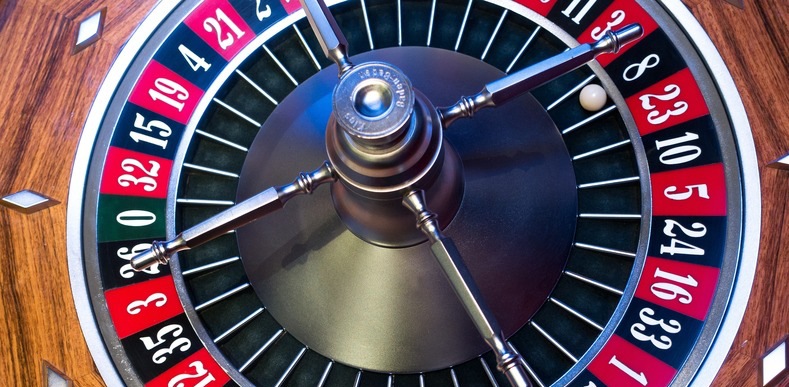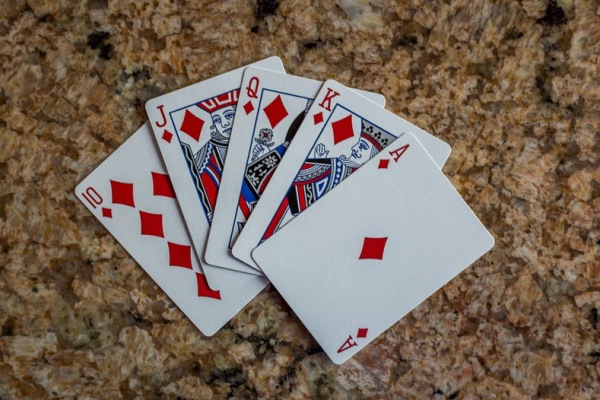Gambling Addiction

Think gambling is not a “real” addiction? Check out these startling statistics from a study by the University of Buffalo:
- If you live within 10 miles of a casino, the risk is doubled that you will develop a problem with gambling.
- Alcoholics are 23 times more likely to also develop a gambling addiction.
- 80 percent of adults in America conduct some form of gambling every year.
- Three out of every five gamblers struggle with an addiction to gambling.
- Annually, 750,000 people aged 14 to 21 have a gambling addiction.
Gambling addictions are real and just as destructive as addictions to any harmful substance.
This article explores the similarities between addiction to substances and addiction to gambling. How does gambling addiction affect the brain? How can gambling addiction be treated in Washington State rehab as a co-occurring disorder?
Symptoms of Gambling Addiction
The Mayo Clinic defines compulsive gambling as “the uncontrollable urge to keep gambling despite the toll it takes on your life. Gambling means that you’re willing to risk something you value in the hope of getting something of even greater value.”
Interestingly, gambling stimulates the same part of the brain that alcohol or drugs can. Gambling addicts gamble to the detriment of everything else, losing savings, losing their homes, racking up debt, and more. This behavior is often hidden from spouses or loved ones, just like alcoholism or drug addiction.

What are some of the signs of compulsive gambling?
- A constant preoccupation with gambling
- Increasing the amounts being gambled
- Attempting and failing to cut back on gambling
- Feelings of anger, frustration, and restlessness when you try to cut back
- Chasing losses by continuing to gamble, losing, and then trying to recoup what you lost
- Lying to hide gambling
- Stealing to get more money with which to gamble
- Asking people to loan you money to pay debts or gamble
Gamblers Anonymous offers a “20 Questions to Determine if You Are a Compulsive Gambler” worksheet that can help you determine if you have crossed the line from fun to addiction and whether an intervention will be necessary.
Compulsive gamblers do not know when to stop. Many times, they also cannot change their behaviors without the help of addiction treatment in Washington State.
Co-Occurring Gambling and Substance Abuse
Many individuals struggle with co-occurring gambling addiction and substance use disorders. Dual diagnosis treatment can address both disorders. In fact, a gambling addiction can be treated as a co-occurring disorder to primary alcohol or drug addiction. Some of the methods for treating a gambling addiction include:
- Inpatient rehab in a structured setting or outpatient rehab
- Gamblers Anonymous or another 12-step program can also help support the addicted person long-term
- Therapeutic approaches like behavioral counseling
- Medication for other co-occurring mental health disorders
- Other on-going supportive treatments
Gambling addiction can wreck a person’s life. Addiction treatment in Washington State helps people get their lives back.
If you or any of your loved ones suffer from substance use disorders and gambling addiction, contact The Recovery Village Ridgefield. We can design a treatment program that is personalized to your individual needs and that takes into account any co-occurring disorders you may have.
Medical Disclaimer: The Recovery Village aims to improve the quality of life for people struggling with a substance use or mental health disorder with fact-based content about the nature of behavioral health conditions, treatment options and their related outcomes. We publish material that is researched, cited, edited and reviewed by licensed medical professionals. The information we provide is not intended to be a substitute for professional medical advice, diagnosis or treatment. It should not be used in place of the advice of your physician or other qualified healthcare provider.

